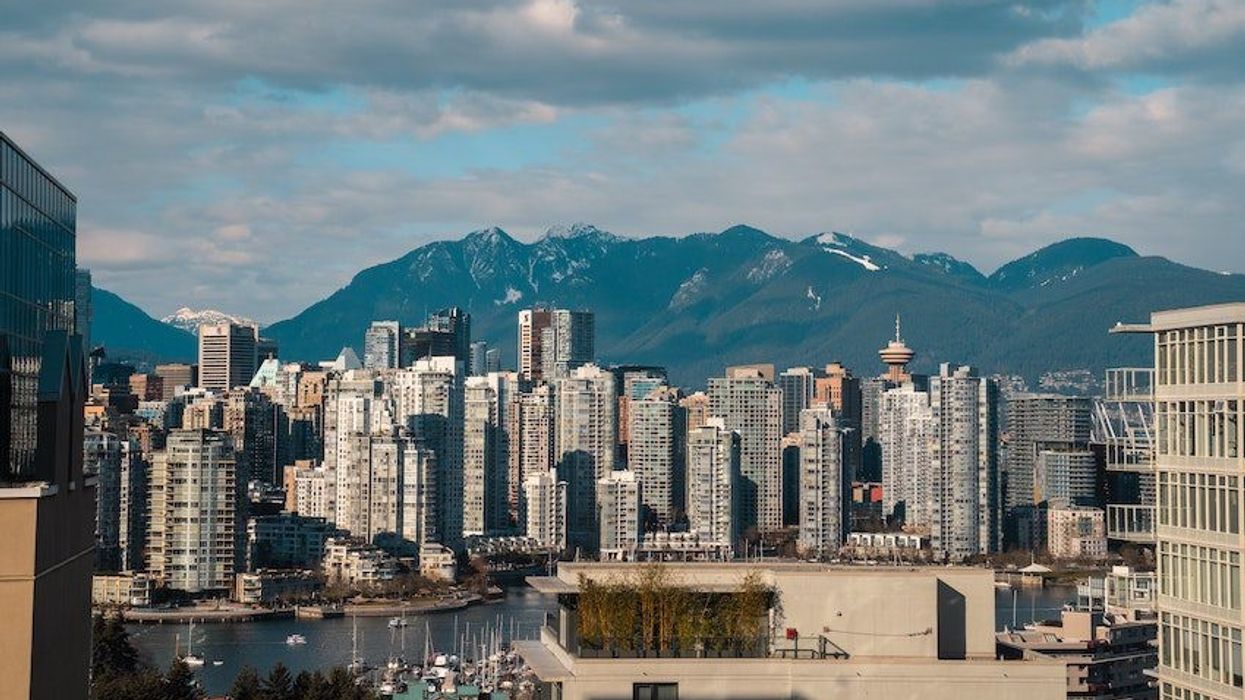Over the last three to four months, Vancouver’s real estate market has experienced a dramatic cooldown.
Of course, this market correction comes after a well-documented and record-breaking two-and-a-half-year run that saw home sales and price growth across the Lower Mainland reach unprecedented heights between March 2020 and the first quarter of 2022.
According to Kevin O’Toole, Managing Broker at Sotheby’s International Realty Canada, this growth was largely driven by the pandemic, which “fundamentally changed the importance of home and space.” In fact, he quips, “During lockdown, finding a new home basically became a national past-time.”
O’Toole has been in the real estate industry for nearly two decades and has experienced his fair share of busy markets. But the last two and a half years were unlike anything he’d ever seen.
READ: Victoria Real Estate Came Into Its Own During the Pandemic, Here’s Why
This frantic sellers’ market was bound to slow down. And throughout the second quarter of 2022, we’ve started to experience this inevitable dip.
There are concrete factors behind the recent cooling of both sales activity and home prices. Firstly, a rapid series of interest rate hikes from the Bank of Canada are having their intended effect – namely, increasing the cost of borrowing and making potential buyers think-twice before committing to a new purchase. Couple these hikes with the rapid rise in inflation and subsequent jump in consumer prices and cost of living and suddenly there’s insecurity and volatility in most types of investing – from the stock market to real estate.
Add to all of this the lingering talks of a looming recession and it's no wonder home seekers have taken a step back to wait and see what happens over the next few months.
As O’Toole aptly summarizes, “People hate uncertainty, and unfortunately, there’s a bit of uncertainty in the market right now.”
The cooling of the housing market has touched nearly all property types; though O’Toole shares that the luxury home market has remained fairly stable, as buyers in this demographic are generally more flexible with their budgets, and therefore less impacted in the short term by aggressive interest rate hikes.
That’s not to suggest the luxury market has remained as it was throughout the pandemic – buyers have become much more selective.
“It has to be a special house to get attention right now,” O’Toole explains. “Buyers that are looking for luxury are now taking their time to find the right property that really checks all their boxes. There’s just not as much urgency anymore.”
When asked what he predicts for the rest of the year, O’Toole says he expects this cool down could last for the rest of the summer, as many people wait for the next Bank of Canada announcement (in September), and keep an eye on the stock market and consumer price index to get a better sense of where things are at.
But come fall, O’Toole believes that activity could pick back up again, since, at the end of the day, people always need a place to live. And with rental prices going up, anyone who has been waiting to break into the market may finally have the opportunity to do so.
While uncertainty remains high, Vancouver continues to be a relatively stable and desirable home market, since the city offers residents a great environment, a safe place to put their kids in school, and relatively low crime rates. And throughout economic uncertainty and market corrections, this intrinsic west coast value remains intact.
This article was produced in partnership with STOREYS Custom Studio.





















